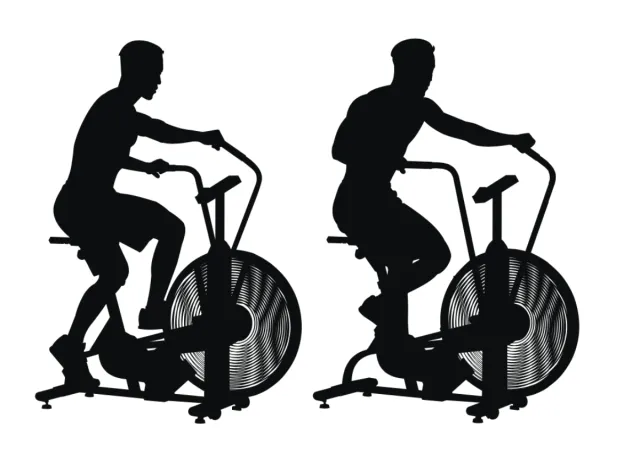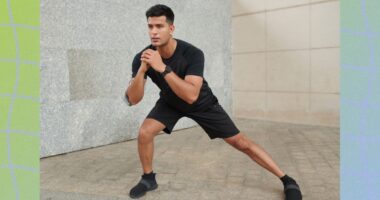Let’s face facts: Getting older can be a major pain in the you-know-what. But reaching 50 doesn’t mean you need to throw in the towel regarding your fitness. In fact, we chatted with a trainer who breaks down five of the best exercises for men over 50 to live longer, better, and healthier. After all, regular exercise can essentially be your fountain of youth!
As you age, staying active becomes even more crucial to maintaining overall well-being and longevity. A combination of regular strength training and cardio exercise can help prevent sarcopenia (muscle loss due to aging), boost your mobility, and add healthy years to your life. However, you shouldn’t return to workouts you once tackled 10 or 20 years ago. Your body changes with age, and so should your workout routines. The following exercises for men over 50 consider the importance of joint health, muscle strength, and cardiovascular endurance.
To help you start on the journey to a stronger, more resilient you, we consulted Michael Masi, CPT, a certified personal trainer at Garage Gym Reviews. He shares his top five exercises for men over 50 to live longer, healthier lives.
Fan Bikes
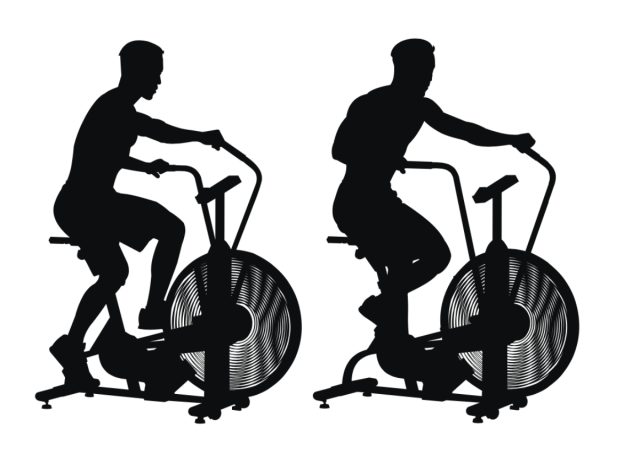

The fan bike is a versatile machine that combines cardio and resistance training, making it an excellent calorie-burning option. Its resistance can also help you build muscle.
Masi says, “When using a fan bike, there’s enough resistance to stimulate muscle growth. It also has excellent utility in keeping your heart rate up between exercises and as a stand-alone exercise, like interval training.”
How To Do It:
- Perform 30-second bouts of high-intensity cycling.
- Rest for 30 seconds.
- Complete 10 rounds.
Deadlifts
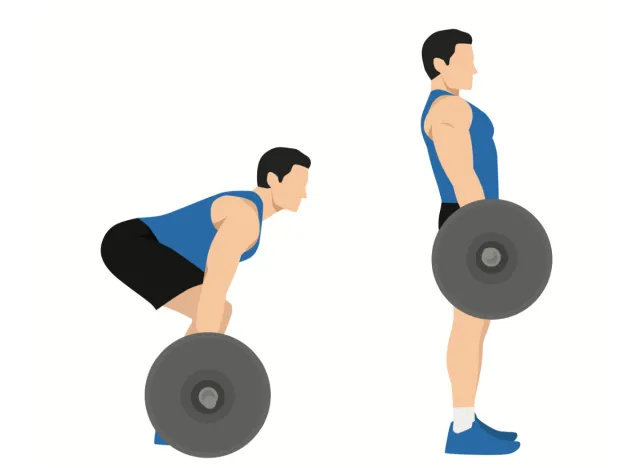

Deadlifts work multiple muscle groups, including your back, legs, and core, making them highly effective for torching calories and building strength.
“At 50 years old, we start to see increased disc injuries in our lumbar spine. Training deadlifts correctly can help prevent these types of injuries by conditioning the core muscles, particularly the paraspinal ones that connect directly to the vertebral bodies, to help tolerate and resist the forces that can lead to those types of back injuries,” Masi explains.
Directions:
- Do 3 to 5 sets of 8 to 12 reps.
- To avoid overexertion and potential injury, make sure you don’t go to failure and still have a few reps left in the tank.
Squats
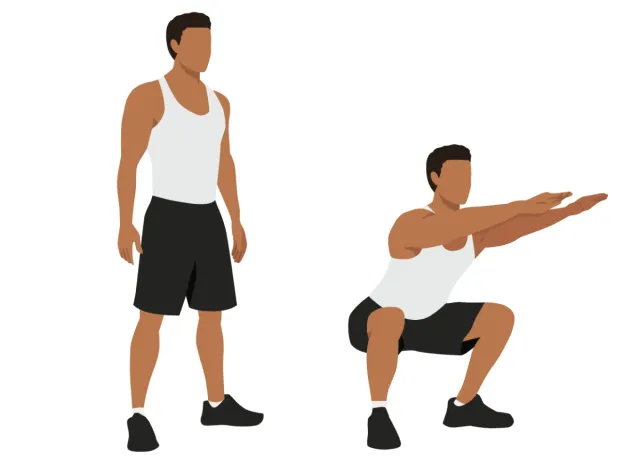

Don’t skip squats—they’re a powerhouse movement that targets your lower body, including your quads, hamstrings, and glutes, while engaging your core.
“Squats utilize more muscle mass and have a large endocrine response,” says Masi. “That means you’ll get a more significant testosterone and growth hormone response from squatting than with leg extensions or curls. If you can’t perform a squat well on your own, you can try using equipment such as a leg press, smith machine, or hack squat machine to change the leverages a bit.”
How To Do It:
- Stand with your feet roughly hip-width apart and your toes turned out about 10 to 20 degrees.
- Push your hips back and bend your knees at the same time.
- Do 3 to 5 sets of 8 to 12 reps.
Carries
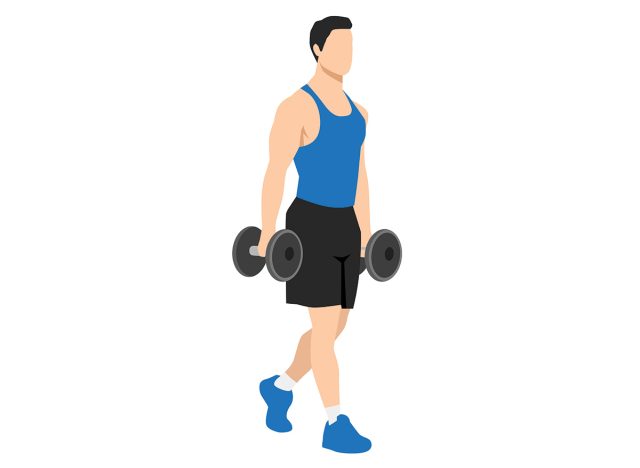

This simple yet effective exercise engages multiple muscles, promotes functional strength, and improves stability, allowing you to easily perform daily activities (like carrying groceries).
“Weighted carries are great exercises for stimulating the entire body,” says Masi. “The goal is to pick up something moderately heavy and walk with it. This will force the core muscles to engage to tolerate the compressive load and the perturbations accompanying the movement. An extra benefit here is the demand on your forearms. Grip strength has been used as a biomarker to help identify older adults with poor health status. There is also evidence that grip strength measurements may be able to predict all-cause and disease-specific mortality, future function, cognition, and depression.”
Directions:
- Aim for 5 rounds of 45 to 60-second carries.
Pull-ups
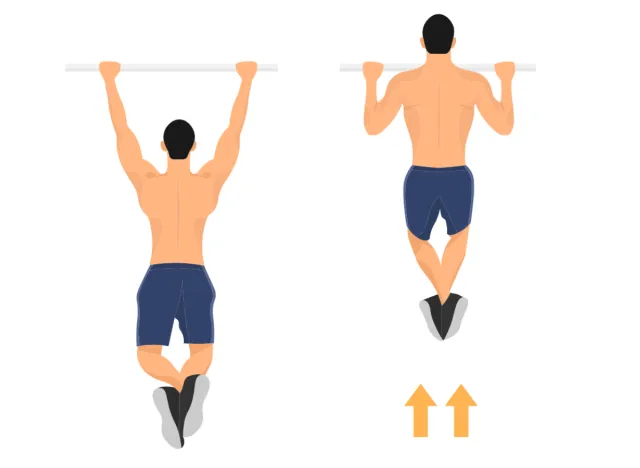

Pull-ups are a classic and challenging exercise that can be incredible for building upper-body strength. Plus, they engage several muscles in your back, shoulders, and arms.
Masi says, “I encourage you to start training if you can’t perform a pull-up. The journey to your first pull-up will make you healthier in more ways than one. The apparent pathway is to improve your strength and force production to lift your body weight. Muscle is the contractile tissue responsible for force production, and the simple presence of it is a health marker that correlates well with function and longevity.”
Directions:
- Perform 4 sets of as many reps as possible, and watch your strength soar.

